When you’re in the market for an older home, you’re not just buying a piece of history; you’re also inheriting its charm, character, and sometimes, its hidden hazards. Two of the most prevalent and potentially dangerous hazards in older homes are asbestos and lead-based paint.
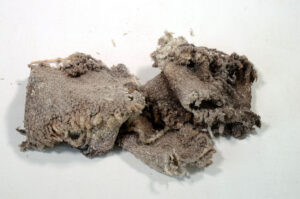
Asbestos: The Silent Threat
Asbestos was once celebrated for its fire-resistant and insulating properties, making it a common material in homes built before the 1980s. However, the dangers of asbestos exposure are now well-documented. Inhaling or ingesting asbestos fibers can lead to severe health issues, including lung cancer and asbestosis. Therefore, identifying asbestos in older homes is crucial.
How to Identify Asbestos:
- Consult a Professional: The safest and most accurate way to identify asbestos in an older home is to hire a licensed asbestos inspector. They will conduct a thorough inspection and take samples for lab testing if necessary.
- Age of the Home: If your home was built before the 1980s, it’s more likely to contain asbestos. However, it’s not guaranteed, so inspection is still necessary.
- Common Areas: Asbestos was commonly used in insulation, roofing materials, flooring, and even textured ceilings. These are areas where asbestos may be found.
- Visual Clues: While not foolproof, visual cues such as old, fraying insulation or cracked, crumbling tiles can indicate the presence of asbestos.
Lead-Based Paint: The Legacy of a Bygone Era
Lead-based paint, once a standard in homes, was phased out in the late 1970s due to its severe health risks, especially for young children. Ingesting lead dust or paint chips can lead to lead poisoning, causing developmental issues, cognitive impairments, and other serious health problems.
How to Identify Lead-Based Paint:
- Hire a Professional: A certified lead-based paint inspector can provide a thorough evaluation. They may use XRF analyzers or take paint chip samples for testing.
- Age of the Home: Homes constructed before 1978 are more likely to have lead-based paint.
- Visual Inspection: Check for chipping, peeling, or deteriorating paint, especially in areas accessible to children. Lead-based paint often gives off a sweet or metallic smell.
Dealing with Asbestos and Lead-Based Paint:
If either asbestos or lead-based paint is found, it doesn’t necessarily mean you should walk away from the property. However, it does mean you should consider the cost and effort required for safe removal and remediation. This may impact your decision-making and negotiation during the home buying process.
Older homes have their unique appeal, but they may also harbor hidden hazards like asbestos and lead-based paint. Identifying and addressing these issues is essential for your safety and peace of mind. Whether you’re a buyer or seller, it’s vital to work with a qualified home inspector who can properly assess these hidden dangers and guide you through the necessary steps to address them. By doing so, you can enjoy your older home while keeping your family safe from these hidden hazards.
Contact First Choice Inspectors at 773-429-9711 today or visit us online for more information!
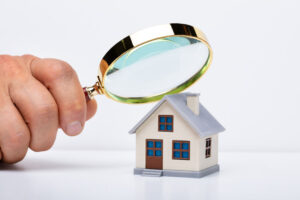
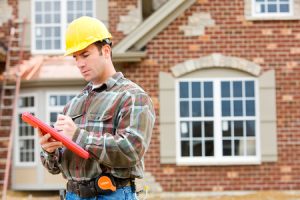
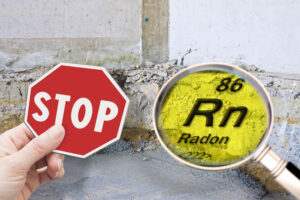

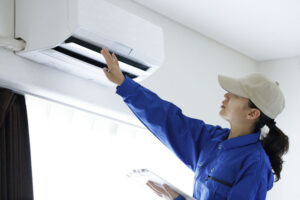
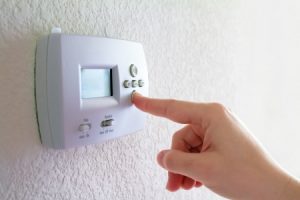
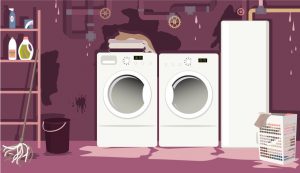
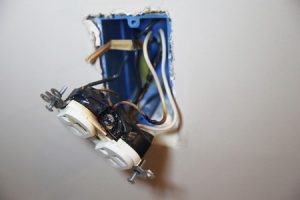
 Although there are no hard and fast rules for what constitutes an older home, those built before 1920 fall in the antique category. Since Chicago became a city in the mid-1800s, there is a substantial inventory of older homes in the city and surrounding suburbs. As such, it’s not uncommon for prospective buyers to find an older home on the market. It may have a rustic charm, but buyers should be aware of a few common and costly issues associated with these homes.
Although there are no hard and fast rules for what constitutes an older home, those built before 1920 fall in the antique category. Since Chicago became a city in the mid-1800s, there is a substantial inventory of older homes in the city and surrounding suburbs. As such, it’s not uncommon for prospective buyers to find an older home on the market. It may have a rustic charm, but buyers should be aware of a few common and costly issues associated with these homes.